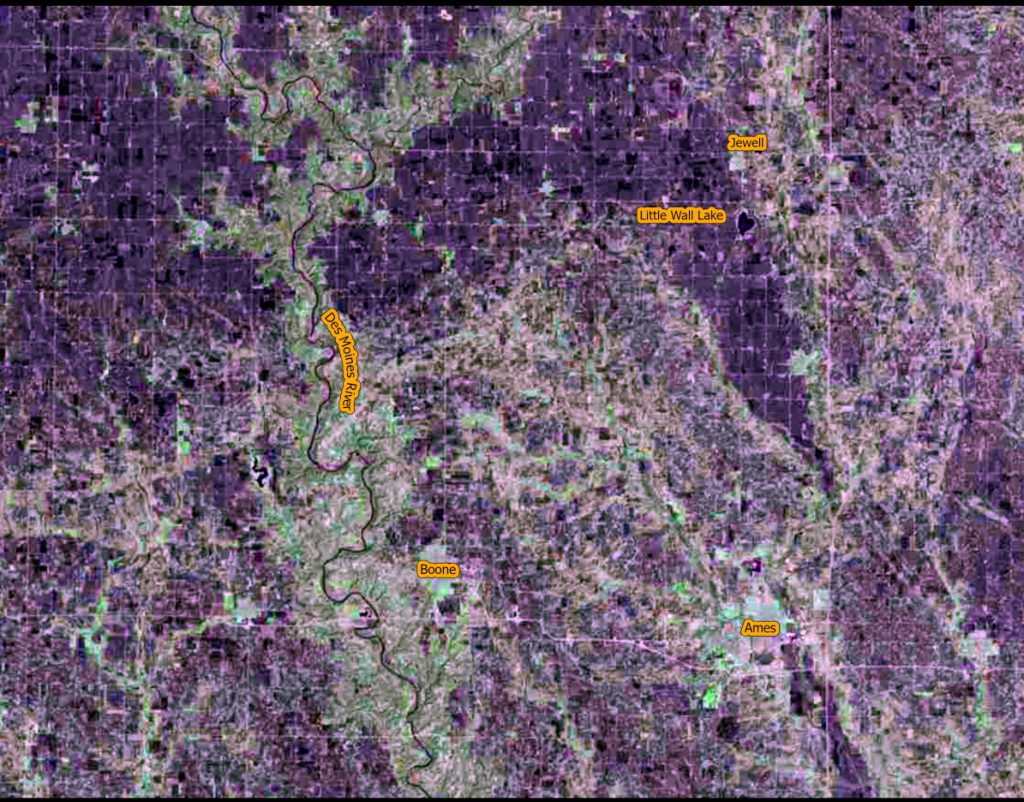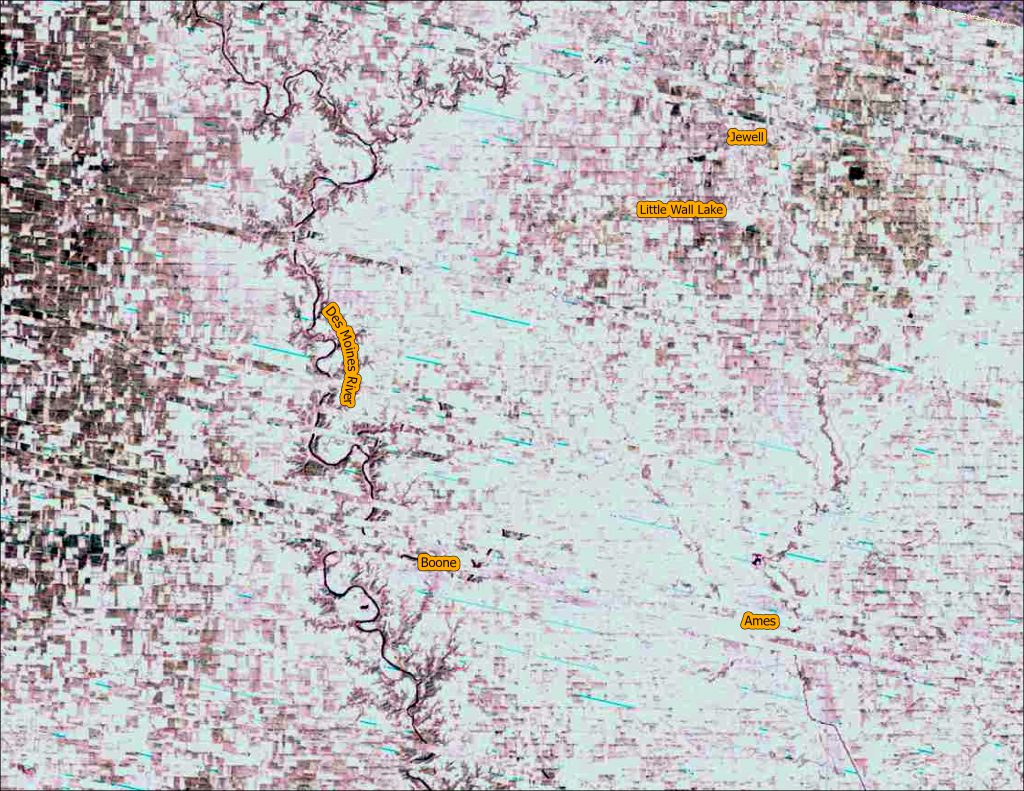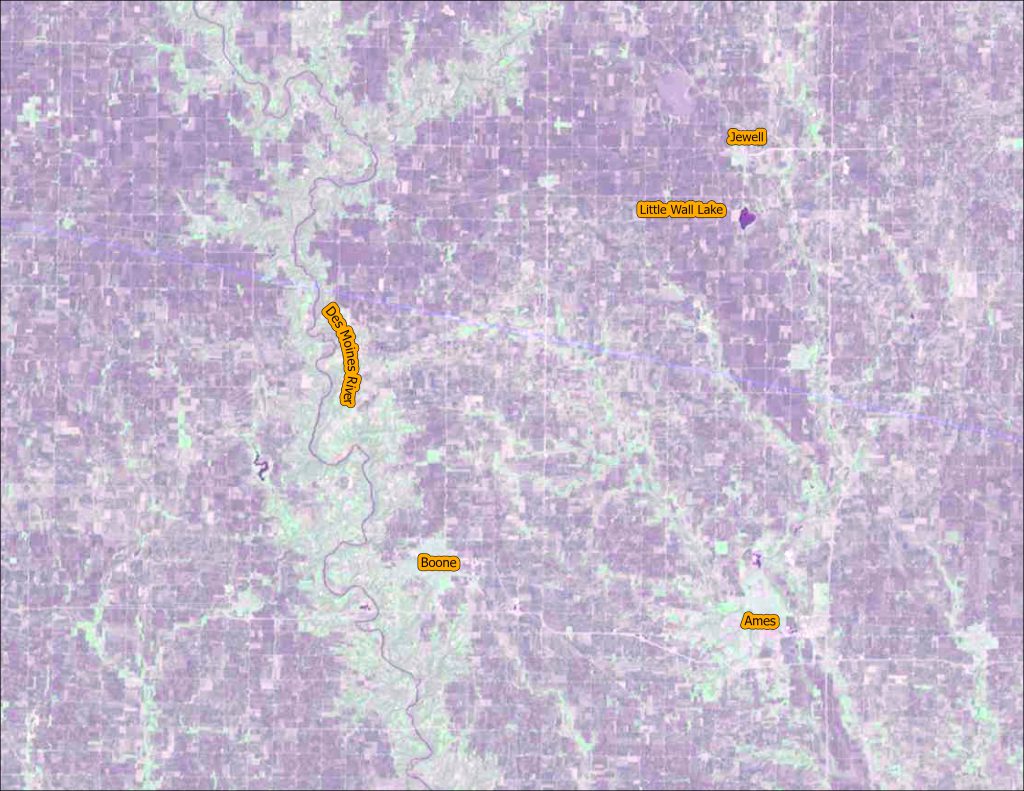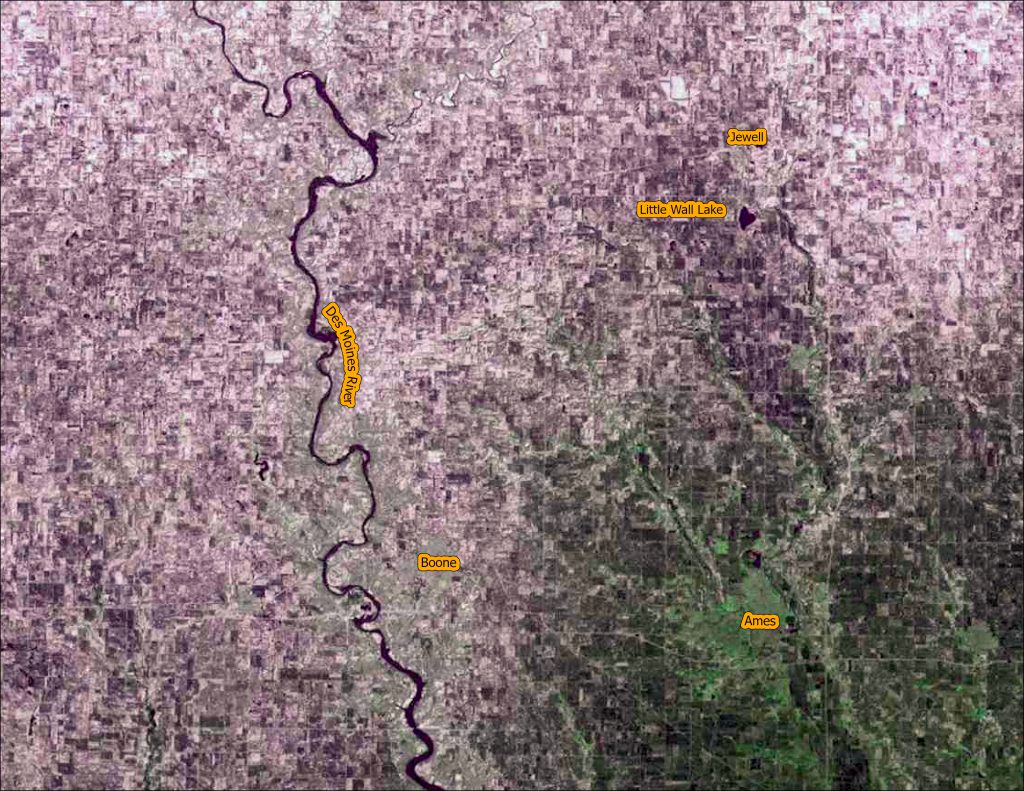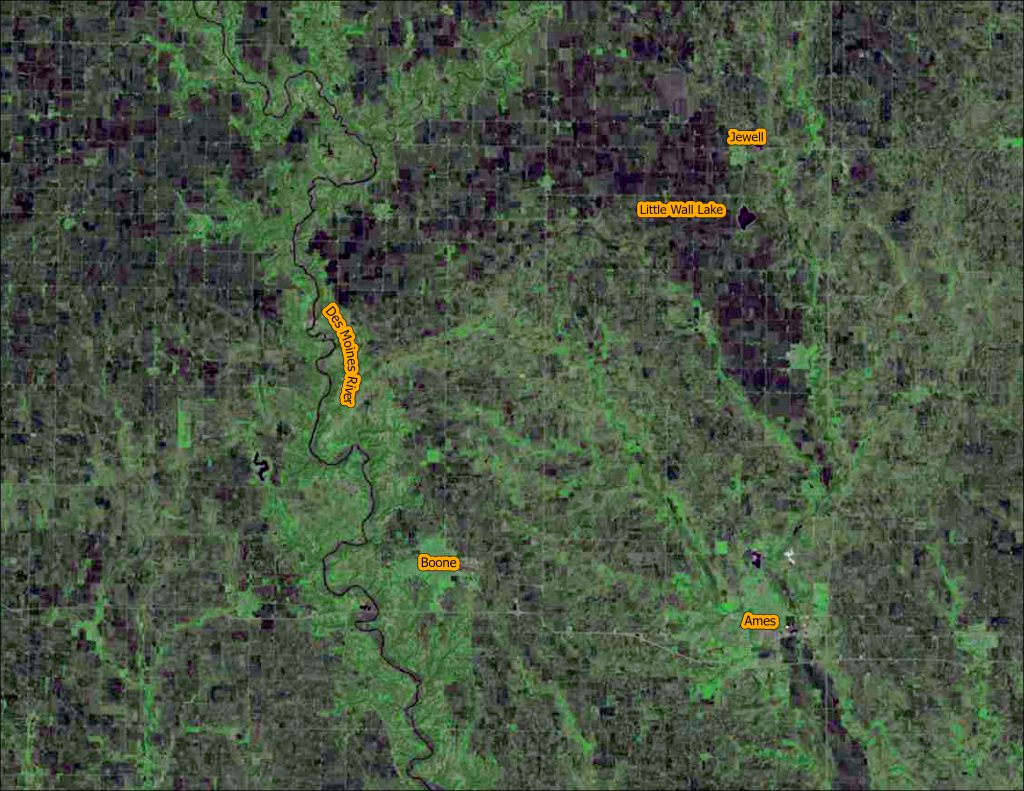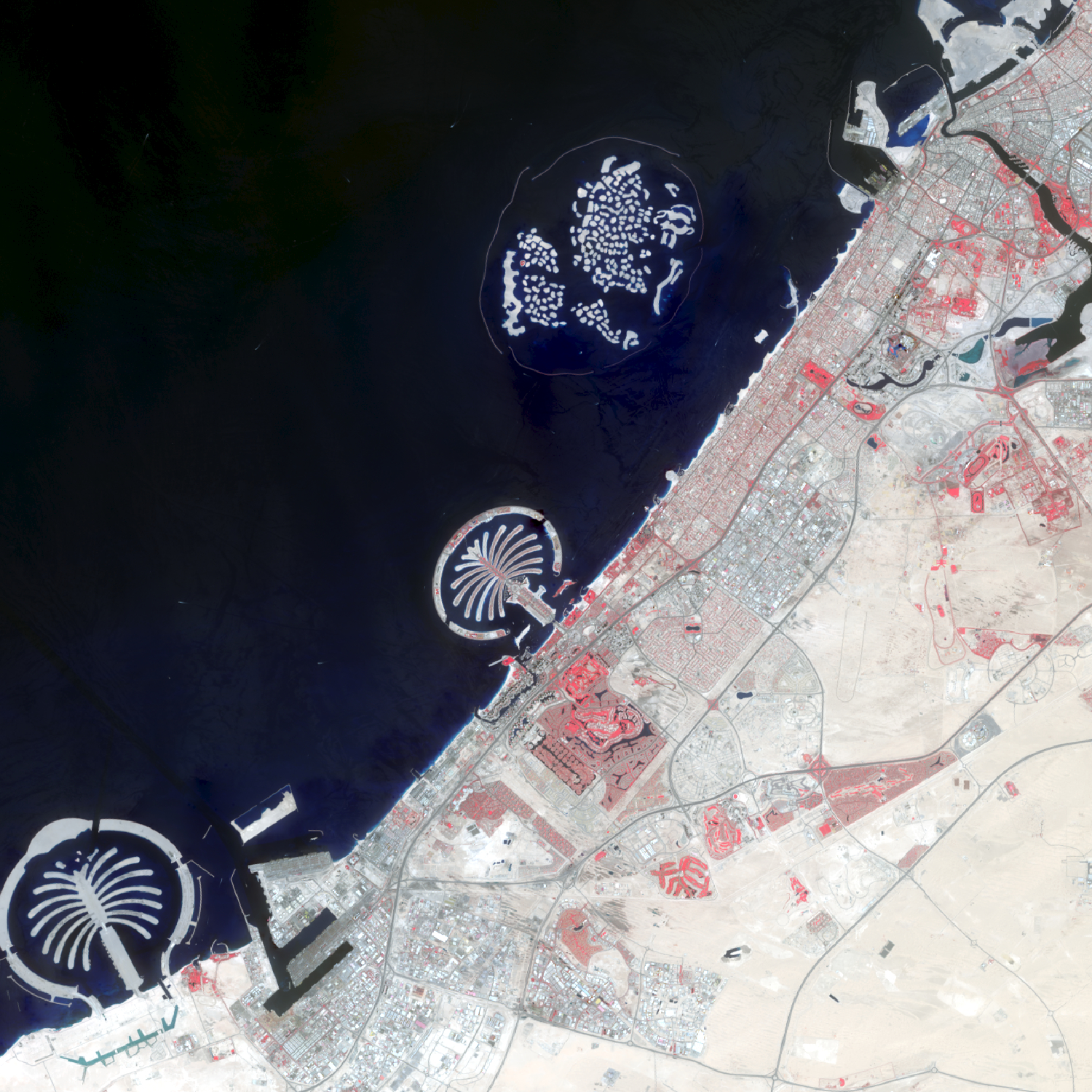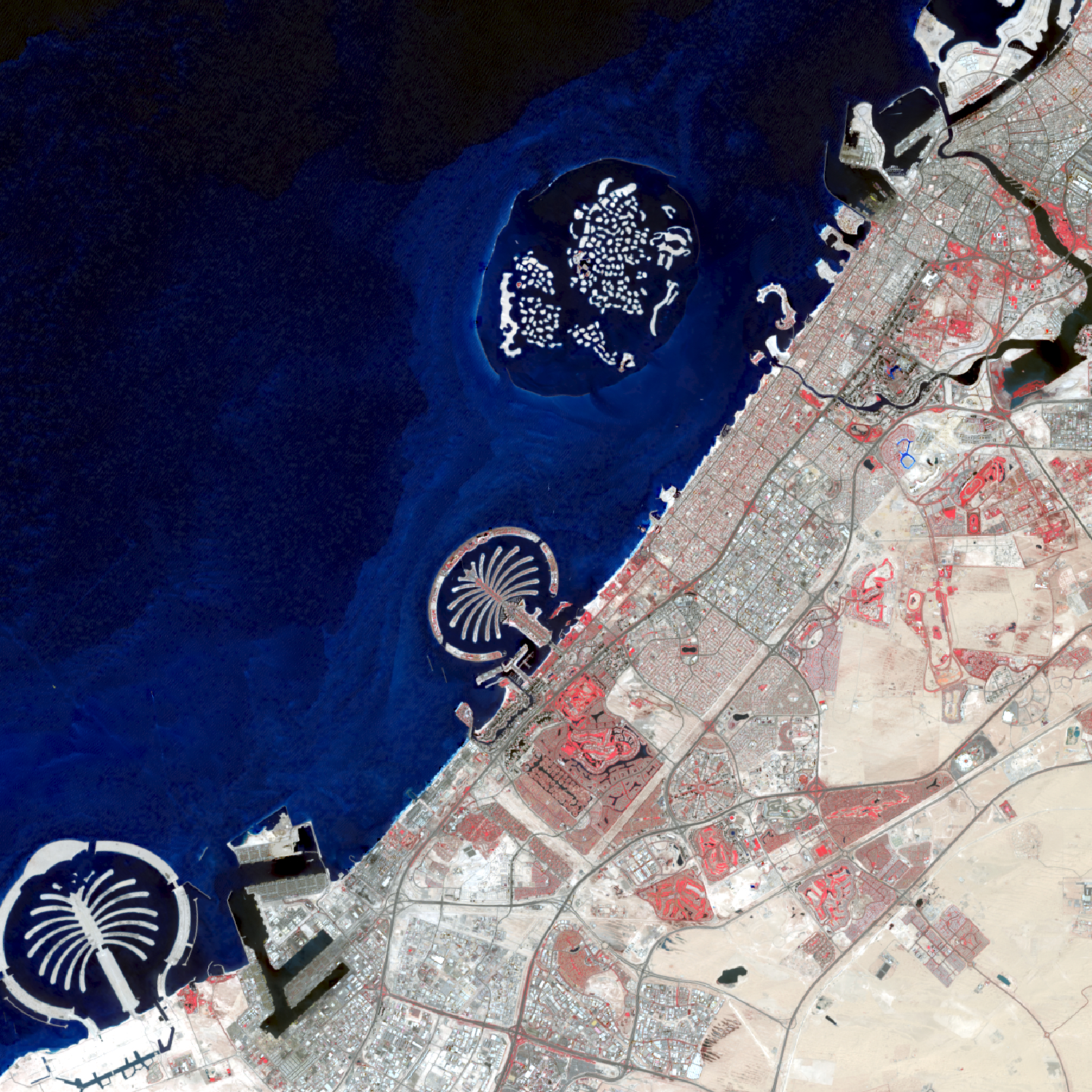Way back when before the Saylorville Dam – #Throwback Thursday
It’s another Throwback Thursday. Saylorville Lake and Dam are located in Central Iowa northwest of Des Moines, Iowa. The Saylorville complex was built to help with flood control and as a drinking water source for surrounding communities. At normal levels, the Saylorville reservoir stores 21.1 billion gallons of water with capacity at flood levels to hold 204.1 billion gallons of water.


Below are several resources if you are interested to learn more about this important structure north of Des Moines:
- U.S. Army Corps of Engineers – Saylorville Lake Fact Sheet – https://www.mvr.usace.army.mil/Portals/48/docs/CC/FactSheets/ODS/Saylorville%20Lake%20-%20Operations.pdf
- GEOLOGY OF THE SAYLORVILLE SPILLWAY; AFTER THE FLOOD OF 2008 – https://www.iihr.uiowa.edu/igs/publications/uploads/GSI-084.pdf
- A Guide to Saylorville Lake in Central Iowa – https://desmoinesoutdoors.com/a-guide-to-saylorville-lake-in-central-iowa/
This year we are celebrating 50 years of the Landsat earth observing satellite mission. Landsat data helps us observe changes in our communities and environment over time.


